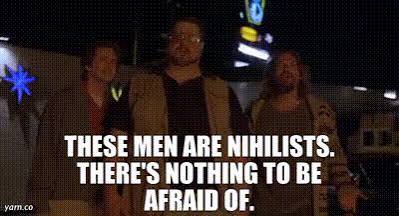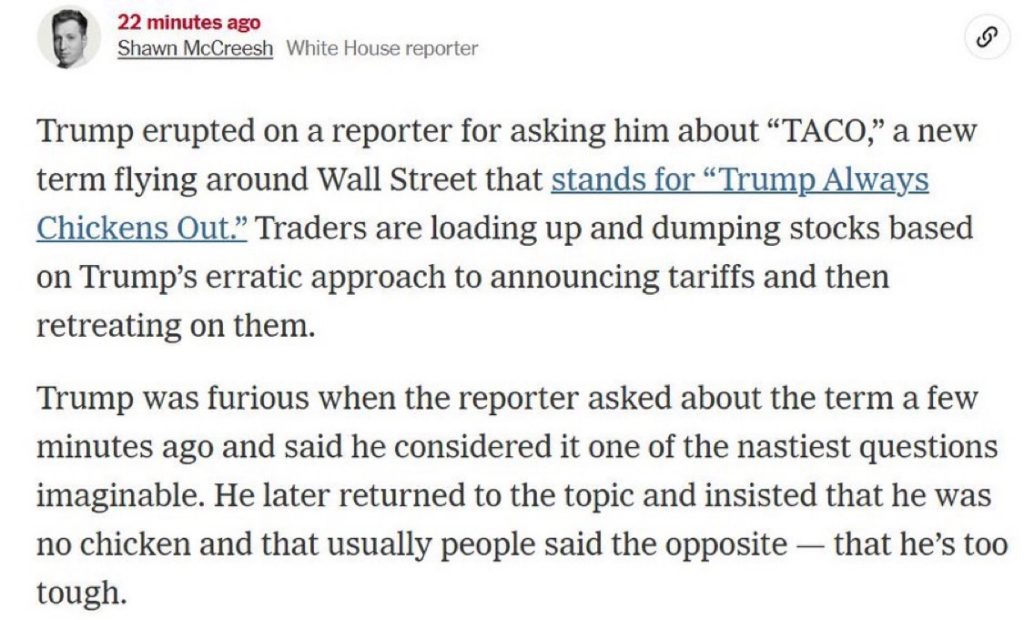I am quite jet lagged today so I am unsure if this will be coherent but “it’s practice” so here I am.
I am in the middle of my own biochemical storms as the wider algorithmic storms of the web remain at hurricane strength. My own teapot tempests hardly matter against the gale force nihilism of the raw power games buffeting us all about this online.
I suggest reading Katherine Dee’s post on online political subcultures if you are feeling confused about the infighting and schismatic nature of networked political culture on social media.
The phenomenon KiwiFarms calls “Zoomer sadism” — surreal, absurdist cruelty now endemic to so many online spaces, is not confined to the right alone. The disembodiment and desensitization that define life for so many under 45.
Since I began writing specifically about online nihilism in 2022, the FBI has even created a new domestic extremism category: NVE (nihilist violent extremism). These aren’t fringe concerns — or even new ones, the Internet didn’t invent this particular despair, it only gave it new outlets — they’re central to understanding what’s happening online. Default Blog
Nihilism being algorithmically amplified has given audiences to people who might have otherwise been dismissed as cranks, loons, and agitators in the past.
To have a counter culture meant having a dominant culture to press against. Now we have a thousand splinters and millions of different audiences to that splintering fighting symbolic battles. That they are spilling into real violence isn’t new, surprising or even native to the Internet.
It’s merely that we are being fed into the maw of reinforcement learning and algorithmic preferences until we have nothing left but smoothed archetypes battling tribal signals.
That we see people who takes these symbols to a violent extreme should be the expected outcome of persistent othering by algorithm. Digital cultural scissoring breaks apart the collective “we” of all types affinity from national and ethnic identities to sexual preferences and other more abstract ideologies.
Just remember that if a group kicks out too many people they may find themselves with nothing left but sycophant audiences driven by adaptive code. And while that may sound scary, I agree with Lebowski that nihilists are nothing to be afraid of when you are sure of your own principles. So take stock of what matters to you and feed that back to the algorithms. Despair only wins if you let it.









